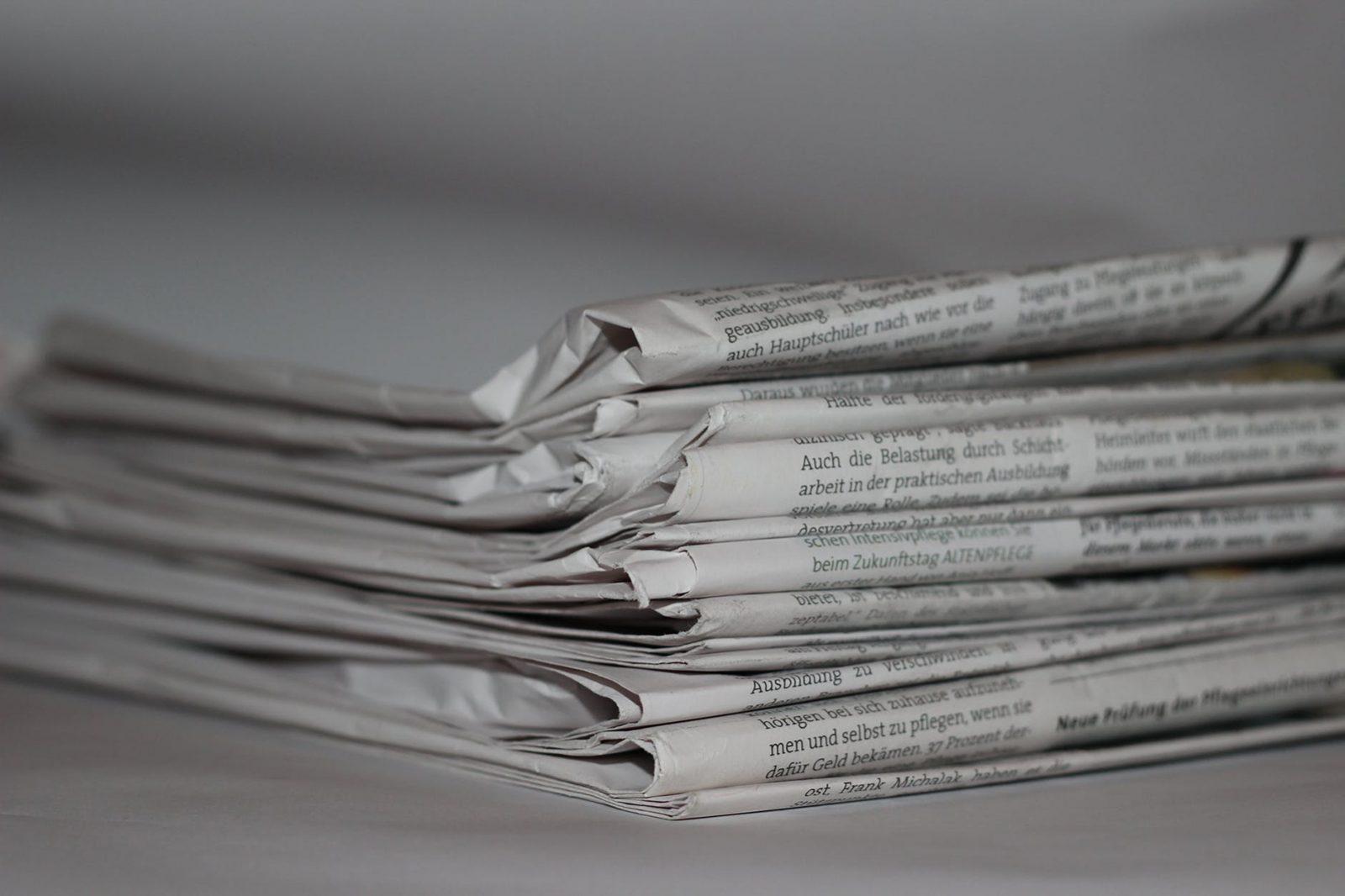
PHOTO COURTESY OF PIXABAY.
Journalism students are used to bracing themselves when revealing their chosen field of work. At the dentist? Sigh when they say, “I hope you’re one of the good ones.” At a family event? Chuckle at your uncle’s “fake news” one-liners and, once you’re alone with the chips and guacamole, seriously ask yourself if you should switch to public relations.
The effects of President Donald Trump’s rhetoric go far beyond the bubble of his supporters or even the right wing. Your regular old dentist might not believe the press is the “enemy of the people” or that journalists should be “gunned down.” But when his first association with the profession are those infamous two words — fake news — it’s clear that the public perception of the press has been corroded to a point where even those who don’t buy into Trump’s ideology can’t help but view journalists as shady figures.
The public impression of journalists themselves, though, is not the only problem. Journalists shouldn’t need to be lauded or even recognized in order to do their jobs. The problem is that Trump’s rhetoric has fueled hostility on both sides of the aisle, and now, polarization on current issues leads people to distrust news sources that present stories they simply don’t agree with.
Most of us at the FreeP didn’t realize when we decided to apply for the school newspaper that we were making a political statement.
An increase in public hostility and a decline in funding for newsrooms across the nation spells trouble for the future of the industry — newsrooms are being cut in half left and right. They need public support in order to survive, and the disconnect between the public and the press must be bridged.
A misunderstanding exists between what journalists actually do and what people think their job entails, but public perception — that the press is an unreachable entity rather than real individuals — is difficult to combat. When the press talks about itself, efforts to clarify the nature of journalists’ work or the importance of a free press are often interpreted as self-promotion or liberal bias. But if the press doesn’t talk about itself, who will? Who else will start a public discourse, produce free radio content reaching into the most rural cracks of Middle America or write with a level of simplicity that can be understood by elementary schoolers?
Freedom of the press is taken for granted. Constitutionally-granted freedoms are always subject to change based on whether people believe in them or not. To say that freedom of the press is important because it’s guaranteed by the First Amendment is not enough to convince people of its importance, and the “the press is a safeguard against democratic tyranny” line doesn’t quite work on those who aren’t opposed to democratic tyranny.
When the public falls into the trap of believing that what’s true is false and those who tell the truth cannot be trusted, everyone loses.
Most of us at the FreeP didn’t realize when we decided to apply for the school newspaper that we were making a political statement. We didn’t realize that “studying journalism” would become synonymous with “hating Trump.” To identify our career in the dentist’s office or at a family event would be to identify our political alliance and invite what could be a hostile response. A lot of us have been yelled at, screamed at or have been on the receiving end of everything in between while trying to learn how to become journalists. But, we haven’t given up yet, because we really care about getting things right.
Like any industry, the press isn’t perfect. There will always be people in positions of power without the best interest of the American people in mind. There will always be people who are corrupted by personal fame and fortune. It’s not only fair, but necessary for the public to criticize these individuals and the industry that supports them when they fail to serve as a source of objectivity.
However, when the public falls into the trap of believing that what’s true is false and those who tell the truth cannot be trusted, everyone loses. They must be able to see beyond these figures to the real journalists working long hours for little pay — or for no pay, as college students — out of a passion for providing public information. Even when Trump’s term ends, the effect of his rhetoric is a stain that has bled through onto these hardworking people and will be difficult to scrub away.